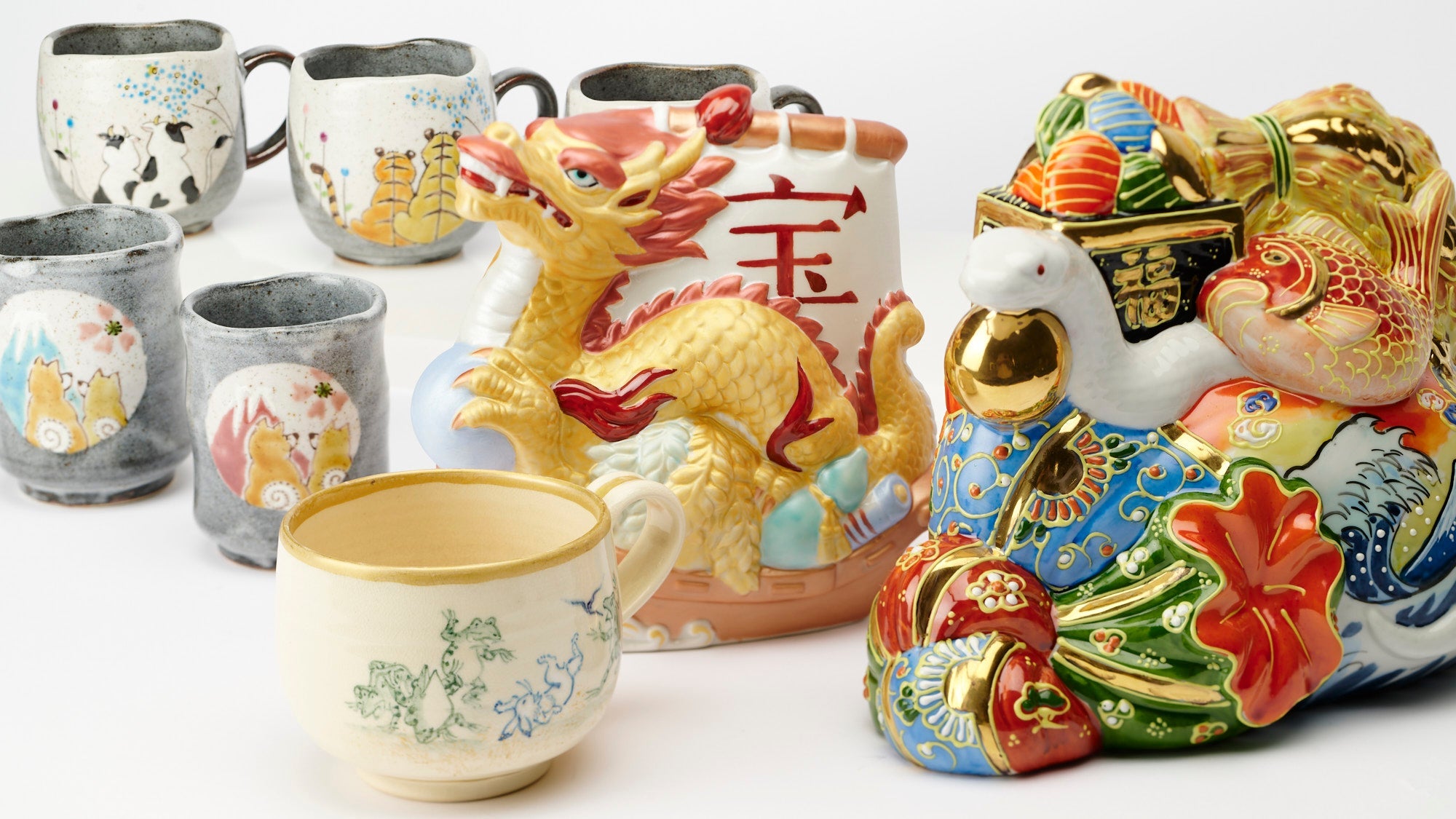
Matcha: A Beginners Guide to Japanese Green Tea
Matcha, a cherished Japanese tea, has been enjoyed for centuries. This vibrant green tea is renowned for its distinct flavor and numerous health benefits. It holds a special place in traditional Japanese tea ceremonies, reflecting the principles of wabi sabi—a philosophy that embraces the beauty of simplicity and imperfection.
Beyond being a sought-after drink, matcha powder is also a key ingredient in desserts like matcha ice cream and cakes. In recent years, its striking color and unique earthy flavor have gained widespread popularity both in Japan and around the world. Dive in to explore matcha and all it has to offer!
table of contents
What is Matcha?

So, what exactly is matcha? It’s a type of green tea made by whisking matcha powder, produced by finely grinding whole tea leaves, into hot water. Matcha is packed with the same beneficial antioxidants, polyphenols, and catechins found in traditional green tea, but in higher concentrations.
Matcha plants are grown under shaded conditions to slow their growth, promoting the production of chlorophyll and amino acids. The tea leaves are hand-picked, typically in the spring or early summer, and immediately steamed to halt oxidation and preserve their natural hue and flavor.
After steaming, the leaves are dried, sorted to remove stems and impurities, and then stone-ground into a fine powder. This matcha powder is stored in airtight containers to maintain its freshness. When preparing matcha, the powder is sifted to remove any clumps before being whisked into hot water using a chasen, a bamboo matcha whisk. The result is a frothy, bright green tea with a delicate balance of sweet and bitter flavors.
History
The origin of matcha dates back over 800 years to China’s Song Dynasty (960 CEー1279 CE). In 1191, Buddhist monk Eisai brought tea seeds and the tradition of preparing powdered tea from China to Japan. He introduced this practice to the shogun Minamoto no Sanetomo, helping matcha spread among the warrior class.

By the Nanbokucho period (1337 CE–1392 CE), matcha had gained popularity among the general population. Initially cultivated by Buddhist monks for medicinal purposes, matcha later became a centerpiece in the Japanese tea ceremony, perfected by tea master Sen no Rikyu in the 1500s. The tea ceremony, based on the principles of harmony, respect, purity, and tranquility, became a symbol of Japanese culture, often held in minimalist tea rooms surrounded by gardens.
Today, Japan is renowned for producing some of the finest matcha in the world, and its rich flavor and vibrant color have made it a global sensation.
Health Benefits

Matcha is highly regarded for its numerous potential health perks. One of its standout features is its abundance of antioxidants, which help protect cells from damage. Since matcha involves consuming the whole tea leaf, rather than just brewed water, it offers a higher concentration of antioxidants compared to regular green tea. Among these is EGCG (epigallocatechin gallate), a catechin known for boosting metabolism and aiding in fat burning.
Another key benefit of matcha is its high content of L-theanine, an amino acid that improves cognitive function and promotes mental clarity. L-theanine also helps reduce stress and encourages relaxation, creating a calm but focused state of mind. Some studies suggest that regular consumption of matcha may lower the risk of heart disease by helping to reduce cholesterol levels and improve blood pressure.
Additionally, matcha is a good source of vitamins A and C, both of which can strengthen the immune system and support overall well-being. These properties have contributed to matcha's rising popularity among health-conscious individuals around the world.
How to Enjoy Matcha

At MUSUBI KILN, we offer a variety of products for matcha-lovers! One of our top recommendations is our stunning selection of matcha bowls.

For beginners, the Sakura and Peeking Cat Matcha Bowl Chawan by Tanaka Toubou is a fun choice. It features delicately painted branches of cherry blossoms in full bloom, whose colors harmonize beautifully with each other. The adorable cat hanging over the rim peeks into the tea bowl and is sure to make your matcha time even more enjoyable. It also serves as a great marker to use when turning the bowl to drink the tea. The accents of brushed gold add a special charm to the off-white glaze.

A key item for preparing matcha at home is the matcha whisk, or chasen, which ensures a smooth, frothy consistency. Paired with a chashaku tea scoop, used to measure the perfect amount of matcha powder, these tools create an authentic matcha experience.

Another exquisite piece for matcha preparation at home is the natsume, a special container for sifted matcha powder. The Bamboo Grass and Paulownia Yamanaka Lacquerware Natsume Matcha Container features chic colors that complement the dignified bamboo grass and paulownia tree motifs. The container's vermilion base gradually develops a deepening red over time, adding elegance to any tea setting.
Matcha can be enjoyed as a hot or cold beverage, and in recent years, matcha powder has become a popular ingredient in various foods and other drinks, such as smoothies, lattes, and baked goods. Its versatility makes it easy to incorporate into daily routines, contributing to its widespread appeal. Beyond its culinary uses, drinking matcha offers a deeper connection to Japanese culture, particularly through the practices of the Japanese tea ceremony. We hope this article inspires you to try matcha, whether at a cafe or at home with our wide range of matcha items.










Leave a comment
This site is protected by hCaptcha and the hCaptcha Privacy Policy and Terms of Service apply.